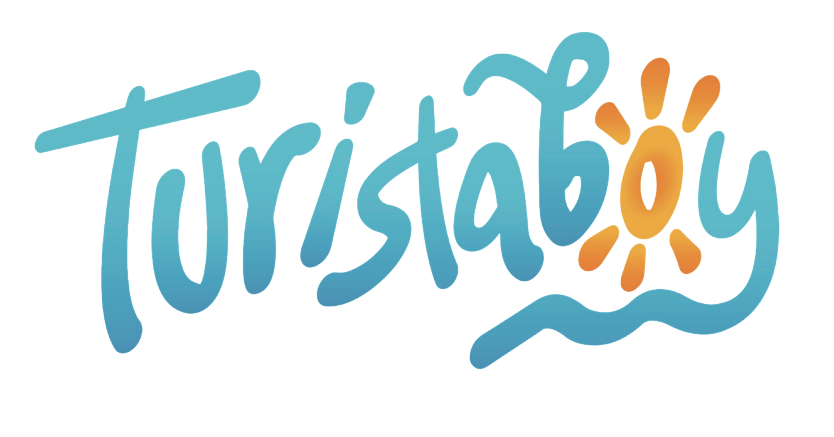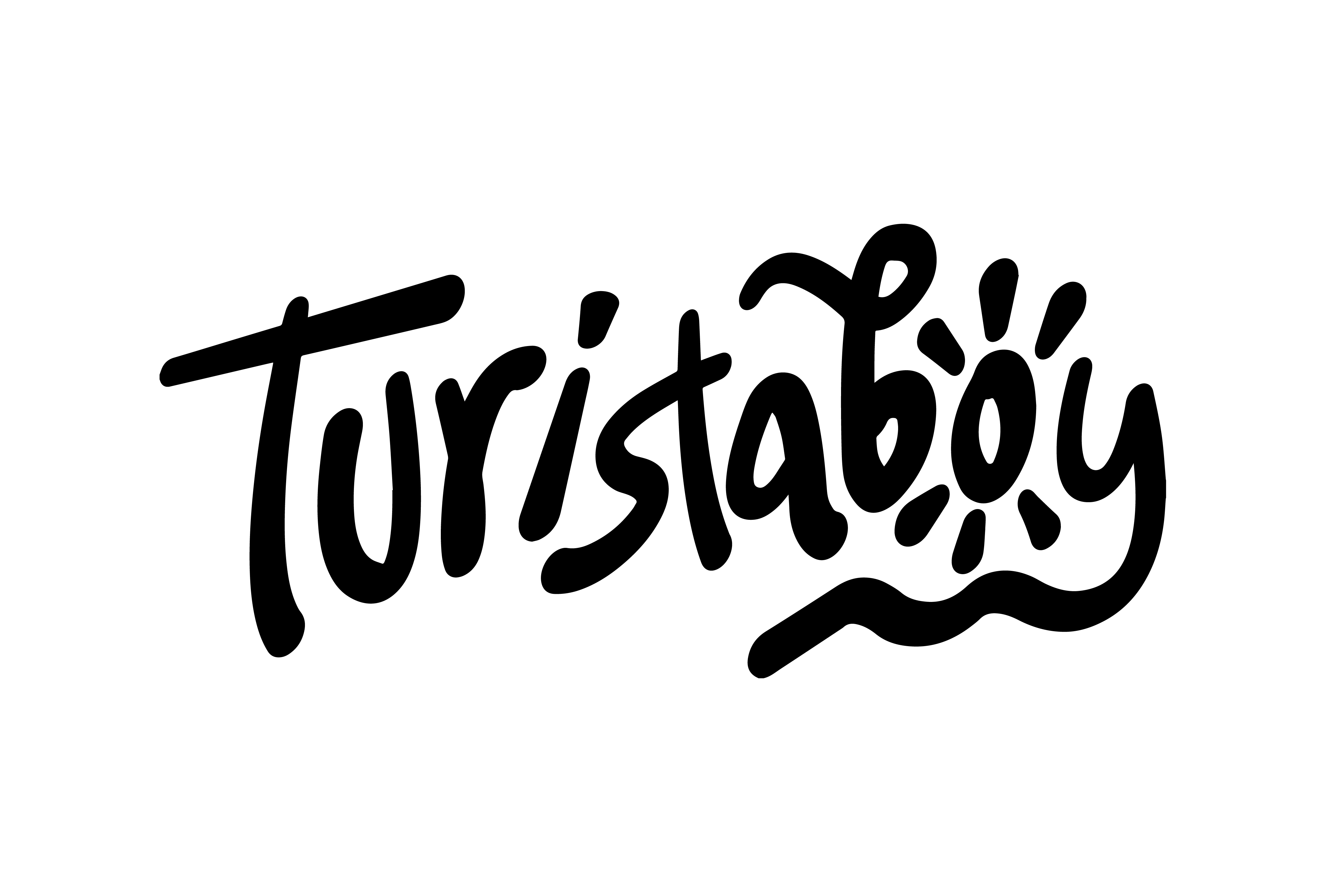Catanduanes Travel Guide
Catanduanes Overview
Located on the Eastern seaboard of the Philippines, Catanduanes is also called the “Land of the Howling Winds,” due to its location near the Pacific Ocean where most typhoons pass by, especially during the monsoon season. Catanduanes is bordered by the Philippine Sea on the North and East, Albay on the Southwest, and Camarines Sur on the West. The GPS coordinates of Catanduanes are 13.7089° N, 124.2422° E.


Catanduanes is also one of the largest producers of Abaca in the Philippines. Aside from being called “The Land of the Howling Winds,” the 12th largest island in the Philippines is also nicknamed “The Happy Island.” It showed! People in Catanduanes are fun-loving and always put a smile on their faces! This is the happiest journey in the personal #Project82PH so far!
Read also: Ultimate Ilocos Norte Travel Guide
Best time to go to Catanduanes

The Philippines has two major seasons, the Wet Season and the Dry Season. Since the province is situated near the Pacific Ocean, the best time to visit Catanduanes is from March to May where there are less chances of rain. If you want to catch the waves and have surfing lessons, the best time to learn surfing in Catanduanes is during the monsoon season (July to November). The average annual temperature in Catanduanes is from 13 °C to 41 °C (55 °F – 106 °F).
How to get to Catanduanes

By Land

Since Catanduanes is an island of the Philippine Sea, land transportation is quite limited but there are a lot of options. If traveling within the municipalities of the province, tricycles are the best option for travel. Tricycle fares range from ₱ 15 – 50 (depending on the distance). For inter-municipality travel, there are jeepneys and buses (Cat Island Bus) that services the farthest municipalities of Pandan and Bagamanoc to Virac (capital town). Travel time to Pandan from Virac is around 4 to 5 hours.
By Air

The fastest way to reach Catanduanes is by airplane. Virac Airport (IATA: VRC) is the only commercial airport servicing the island with 1 trip to and from Manila daily in the morning. Cebu Pacific is the only airline that flies the route. Air travel time to and from Virac is approximately 1 hour.
By Water
You can also reach Catanduanes via boat / RORO (roll on-roll off) boats to and from Tabaco City, Albay (either from San Andres Port or Virac Port). Travel time is around 4 to 4.5 hours depending on sea conditions. Schedules from Tabaco City are 0600 H, 0800 H, 1200 H, and 1300 H (can change over time).
Things to know about when visiting Catanduanes

| Land Area | 1492.16 km² (576.13 mi²)
*8% land area of Bicol Region (Region 5) |
| Languages / Dialects spoken | Catandunganon, English, Filipino, Bikol, “Bisakol” |
| Cellular Signal (Globe, Smart, Dito) / (Poor, Fair, Good) | Globe: Fair to Good (in remote areas)
Smart: Poor to Fair (in some areas) Dito: Poor to Fair |
| Socket Standard, voltage (V), frequency (Hz) | Type A: 2 parallel pins
Type B: 2 parallel pins, 1 grounding pin Type C: 2 round pins Voltage: 220 V Frequency: 60 Hz |
| Modes of Payment | Cash is still King in Catanduanes. Some establishments accept online transfers (GCash). Only a few accept Credit Cards. |
| Currency used | Philippine Peso (PH₱) |
Basic Catandunganon Sentences / Phrase you might need to know
– Hi / Hello = Kumusta
– Thank you = Dios Mabalos
– You’re Welcome = Daing ano man
– How Much = Pila?
– Good morning = Marhay na aga
– Good afternoon = Marhay na hapon
– Good evening = Marhay na banggi
– How are you? = Kumusta ka?
Famous food and delicacy in Catanduanes
Dishes

– Lobster Dishes – since Catanduanes has a lot of Coastal towns and barangays, lobsters and other seafood (shrimps, fish, shellfish, etc.) are abundant in the area and are relatively cheap!
– Tilmok – an aromatic shrimp dish with savory sauce that is famous and common in Catanduanes.
Delicacies
– Pili Nut Candies and Desserts – as part of the Bicol Region, Catanduanes also has a lot of Pili Nut produce in the area. These are made into dessert bars, candies, and even as souvenir keychains.
Exploring in and out of Catanduanes


The main modes of transportation in Catanduanes are the tricycles and jeepneys. When in Virac town center, you will get to see distinct orange-colored tricycles plying around the town center. If going to the nearby towns, there are also jeepneys and provincial buses (Cat Island Bus) going around the area – all of which originate from Virac town proper. Traffic conditions between municipalities are light and can get quite heavy or dense in town propers. The road conditions around Catanduanes are generally paved and concrete (with some land roads in far-flung areas.)
*Note that the places, prices, and information written as of publication date and time are true and are given best during my visit. Changes may occur without prior notice. If you notice any changes to the information given above, you can e-mail me here so we can dish things up!*
We’re born to travel!
Post a Comment
You must be logged in to post a comment.







